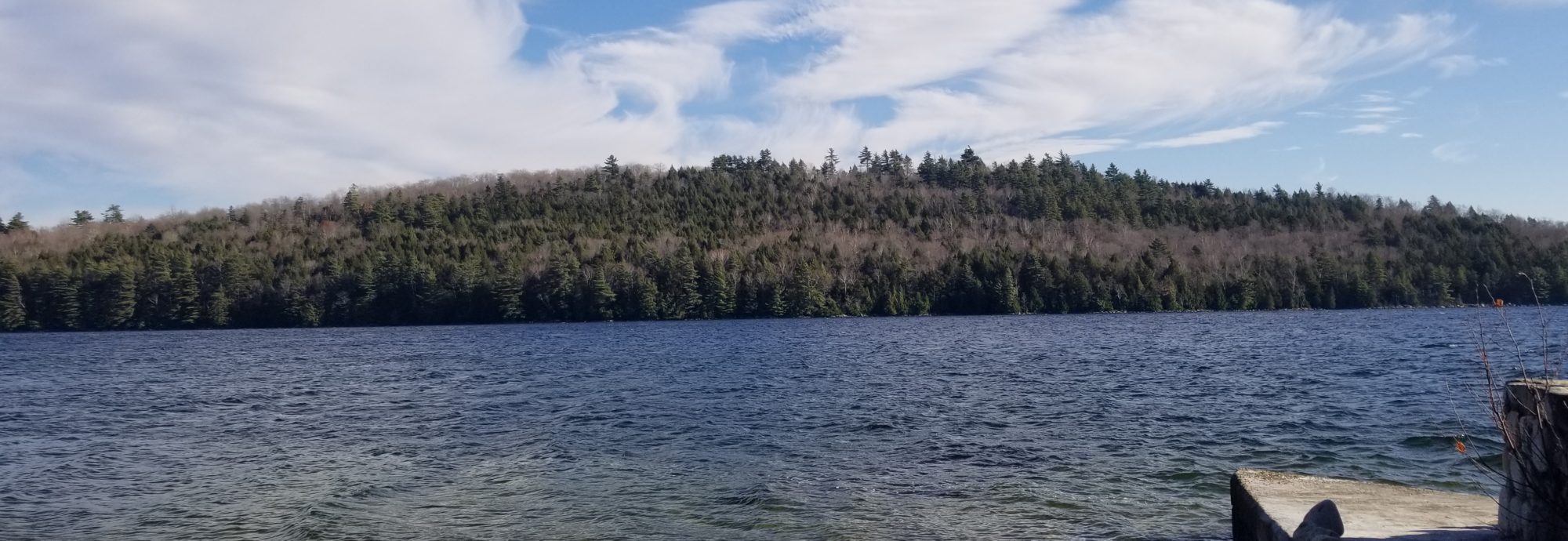I live in a house with several other people. Today, one of my housemates was rushed to the hospital.
If you’ve been paying no attention to the news, work from home, haven’t been shopping in the past week, and aren’t in any way (directly or indirectly) involved in your community, you may have totally missed the current event that appears to be dictating many of our lives at the moment. As for the rest of us, the term COVID-19 springs to mind.
What is COVID-19?
Quick recap for anyone who has managed to escape the fear-mongering of the media and the impact it has had:
COVID-19 (short for Corona Virus Disease – 2019, colloquially known as the coronavirus) popped up in the Wuhan area of China back in December. Since then, it has migrated around the globe, causing panic (and panic buying) in its wake. (The World Health Organization [also known as WHO] offers a timeline of events, available here.) Essentially, COVID-19 is a bad case of the flu that nobody is prepared for – either within themselves or without.
What I mean by that is, COVID-19 isn’t just a new strain of something like the flu is; it’s caused by an entirely new virus which nobody had previously been exposed to. As a result, nobody has built up immunity to it. Contrast that with the flu which has been making the rounds for over a hundred years; most people have had some version of it, so our bodies’ immune systems know how to protect against it. As a result of the same newness, nobody invented a cure, vaccine, or treatment for COVID-19 because it didn’t exist before.
There are more differences than simply novelty separating COVID-19 from the flu, but the novelty is the part that’s really causing problems. Hospitals are calling for droplet protocol (any “droplet” from an infected patient is potentially infectious), but there’s a theory that it may be more airborne than standard droplets (even if it’s only a statistically significant problem in hospitals).
So it is a little worse than the flu for two reasons: we don’t quite know how to deal with it (though there are working treatments and most infected people have recovered or are recovering) and we’re not sure how it spreads.
But the ray of hope: avoiding catching the coronavirus is simple and easy. First, the top technique every health expert and parent and halfway-decent roommate has been urging for years:
Wash your hands!
There’s a technique to it. Turn on the faucet, add soap to hands, get enough water to be able to foam bubbles with the soap, lather or scrub (rub-a-dub-dub) for at least twenty seconds, then rinse. Boom. You just protected yourself from a case of COVID-19, the flu, and your mother’s voice wailing at you from ages long gone for not listening to her.
This is the single most recommended suggestion for staying healthy this virus season, so wash your hands. Hand sanitizer is helpful in a pinch, but it isn’t as good as washing your hands, especially if there’s something actually on your hands.
The other thing that has everyone talking as of late is more of an imposition…
Social Distancing
What’s that mean?
Basically, stay away from people. If you might be sick, stay away from other people so you can’t infect them. If you’re sick, self-quarantine. Here’s the kicker: if you’re healthy, stay away from any group gatherings.
This is why every major public event has been cancelled recently, why schools are closed, and why most people are working from home if possible. The fewer people we come in contact with, the fewer chances we have of catching the virus. (COVID-19 can be undetectable for nearly twelve days, most cases taking five days to display symptoms.) And if we don’t catch the virus, we can’t pass it on to others.
Sometimes we can’t avoid people (for better or for worse), but given the current situation, if the opportunity arises to keep a fair distance (minimum of 6 feet), please do so.
Be as hygienic as possible in this tumultuous time, washing your hands after any potential exposure as well as when they seem dirty and certainly before interacting with other people, your face, or food. The best investment we can make right now – in ourselves and others – is taking the time to wash our hands.
I’m praying for a quick emergence from this cloud of social distancing. Stay safe!
Edit:
The Google doodle today (20 March 2020) recognizes Ignaz Semmeweis, the physician recognized for discovering the importance of handwashing. (His discovery saved many women who would have otherwise died in childbirth as a direct result of the dirty hands of the attending doctor.)


